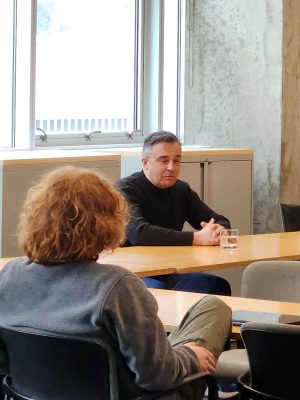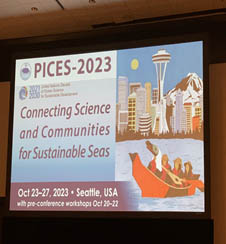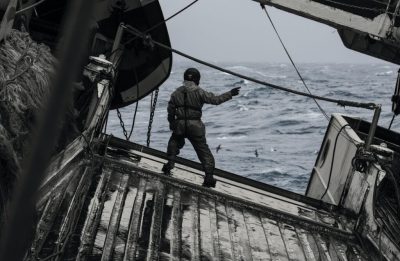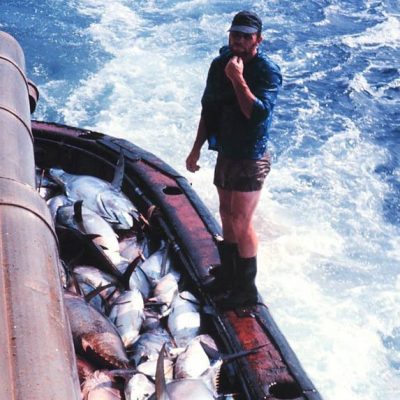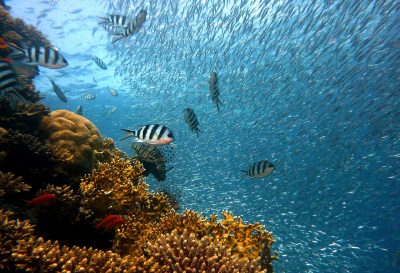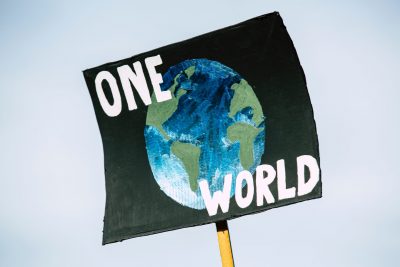Indigenous data sovereignty and conservation in British Columbia
A collaborative study examined the concept of Indigenous data sovereignty in the context of salmon-bearing ecosystems in BC. The authors argue that successful conservation in the face of cumulative effects and climate change will require scientists to respect and incorporate Indigenous data sovereignty.
MP Mike Kelloway visits IOF
Mike Kelloway is federal Parliamentary Secretary to the Minister of Fisheries, Oceans and the Canadian Coast Guard
PICES Symposium brought together science from all around the world
Several IOF members presented at the symposium, with Research Associate Dr. Anna McLaskey, winning the best oral presentation in the Biological Oceanography Committee section.
Egyptian Mediterranean fisheries in urgent need of better management
Egyptian fisheries need to be better managed to secure the overall health of the Mediterranean Sea’s marine living resources, new research has found.
Fish buffered from recent marine heatwaves, showing there’s still time to act on climate change
Fish were surprisingly resilient to marine heatwaves before 2019, highlighting the need to keep seas from warming further, according to new research.
In climate change talks and development goals, the tropical majority must be recognized and respected
We are in the UN Decade of Ocean Science and that means prioritizing diversity and inclusion in all decision-making processes
Climate change to drive increasing overlap between Pacific tuna fisheries and emerging deep-sea mining industry
Sourcing for car batteries and rare earth metals in the deep-sea — what does this mean for the tuna fish? IOF author takes a look into the possible consequences of mining into the deep, dark ocean.
Specific combinations of ocean protection, beneficial for ecology and socio-economic futures
MPAs must be carefully designed using ecosystem approaches that incorporate fully and partially protected areas without interfering with the right to fish for those whose livelihoods are dependent on access to marine areas and fish stock.
Science belongs in global policy, UNEP must change eligibility requirements
Researchers are urging the United Nations to get rid of stringent entry requirements for government-funded scientists at independent institutions to allow for greater scientific input on climate change mitigation.

